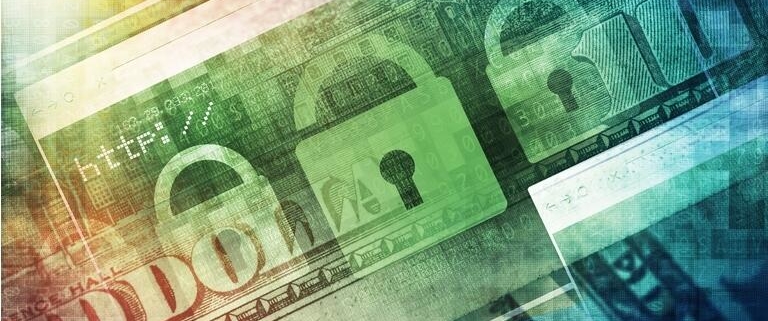How to Simplify WAF Rule Management
As long as web application firewalls (WAFs) have existed, security teams have struggled with tuning and maintaining WAF signatures and rulesets. It is thankless, neverending work, and even in the best cases, prone to frequent false positives and false negatives. Yet even though it is one of the most long-standing complaints of legacy WAFs, it is a problem that never seems to go away.
So why has the industry been stuck fighting the same problem for so long? Is it something that can be fixed, or is the pain of rule management the unavoidable “death and taxes” of AppSec? At ThreatX, we are focused on finally making this problem go away by providing a platform that makes security much stronger while getting security teams off the rule management treadmill.
So let’s take a look below the surface to see why legacy rules are so problematic and what we can do about it.
A Common Problem Based on Common DNA
Legacy WAFs tend to suffer from the same problems when it comes to rules because they all fundamentally work the same way. In fact, many of the most popular commercial WAFs rely on the same underlying rules defined by ModSecurity. ModSecurity is a well-known open-source WAF, and its Core Rule Set (CRS) contains more than 17,000 regular expression-based rules. Each WAF vendor may customize and tune these modsec rules to their liking, but under the hood, they are virtually identical.
This has led to an entire industry of WAFs where the core detection engines are all based on regex matching rules. And in most cases, WAFs require a LOT of these rules. And while rules and signatures are not inherently bad, a regex-centered view of the world can certainly lead to a wide range of challenges including …
False Positives and Negatives
Regex rules look for specific string matches that match to a known threat. For example, this might be a pattern of a SQL injection such as the user entering a UNION and SELECT statement for usernames and passwords that reside in an application’s database. And while regex rules can look for these statements, every use of “union” and “select” isn’t necessarily a sign of evil. For example, I’ve recently talked to a prospect whose legacy WAF had…



